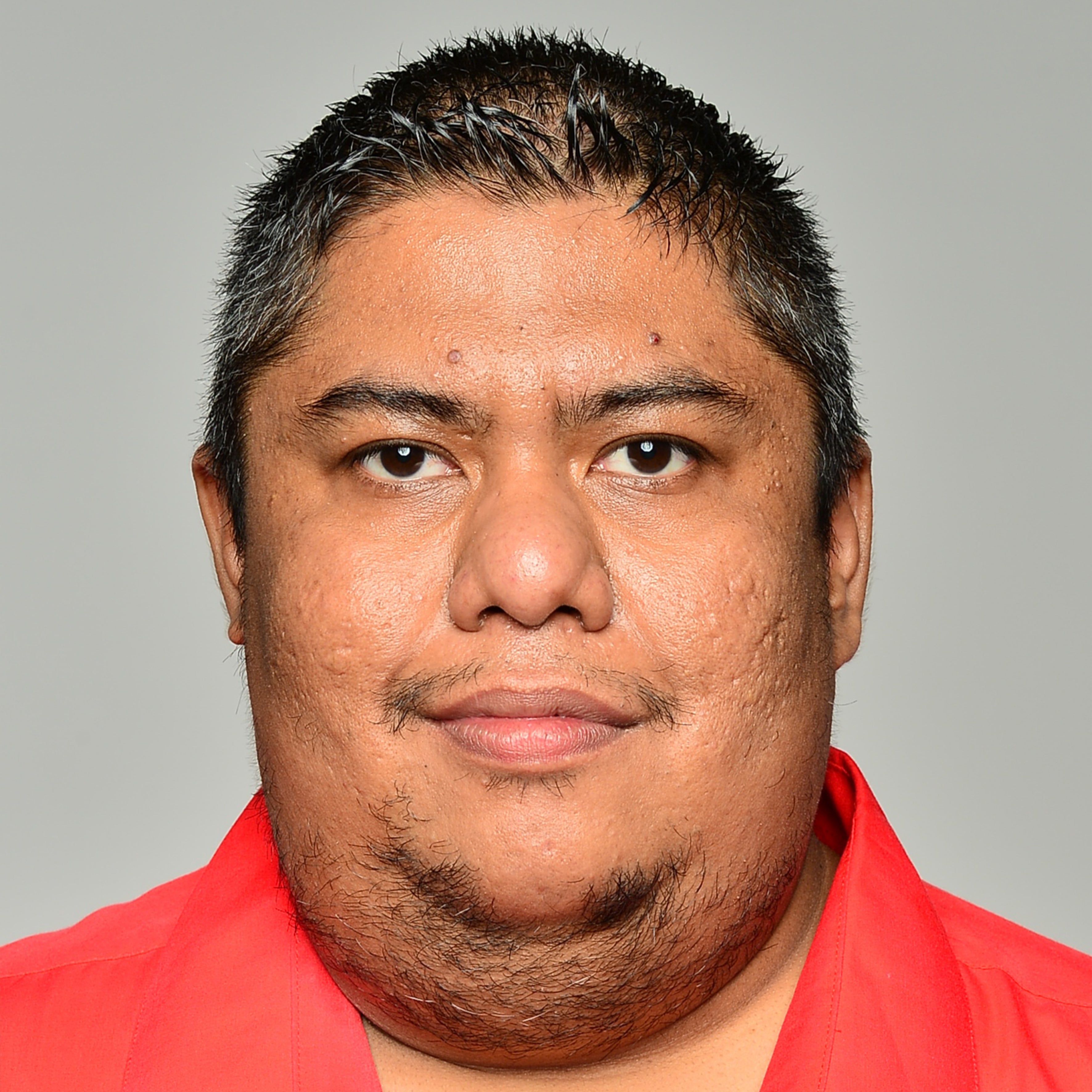Sarawak think tank calls for restoration of 35 per cent parliamentary seats to Borneo states
Sabah and Sarawak leaders urged to push for MA63 parliamentary seat ratio

SHAH ALAM - A Sarawak-based political think tank, The Sarawak Initiatives has called for the restoration of 35 per cent or one-third of the parliamentary seats to Sabah and Sarawak, urging that this be enshrined in the Federal Constitution.
The group's advisor, Professor Dr James Chin said that this demand aligns with the spirit of the Malaysia Agreement 1963 (MA63), which originally allocated 35 per cent of the Dewan Rakyat seats to the two Borneo states.
However, James clarified that this demand hinges on the additional seats that may be recommended by the Election Commission (EC) in the forthcoming electoral boundary re-delineation, rather than being based on the existing 222 parliamentary seats.
Currently, Sabah and Sarawak are allocated 57 of the 222 parliamentary seats, representing 26 per cent, which is 9 per cent less than the 35 per cent they are seeking.
James emphasised that restoring the parliamentary seat ratio for Sabah and Sarawak should be a priority for the Unity Government led by Prime Minister Datuk Seri Anwar Ibrahim.
“This demand from Sabah and Sarawak is backed by the Cabinet's agreement and confirmed through the Special Malaysia 1963 (MKMA63) meeting during the tenure of the Ninth Prime Minister, Datuk Seri Ismail Sabri Yaakob,” he said.
He described that achieving the 35 per cent seat ratio would reinforce the significance of the relationship between the Sabah and Sarawak state governments and Putrajaya, ensuring that the Federal Constitution respects the rights of both states.
“If this ratio is not achieved, Sabah and Sarawak’s interests will be compromised because decisions made solely by MPs from Peninsular Malaysia could amend the Federal Constitution in the Dewan Rakyat,” James cautioned.
His remarks came in response to recent demands from leaders in Sabah and Sarawak, including Sarawak Premier Tan Sri Abang Johari Abang Openg, who has urged the Unity Government to restore the 35 per cent parliamentary seat ratio as stipulated in MA63.
However, Abang Johari has left it to the EC to determine the number of seats for the two states, based on population and area size rather than the 'one person, one vote' principle.
DEMAND TO RESTORE RIGHTS
James also highlighted that the parliamentary seat ratio for Sabah and Sarawak decreased from 35 per cent after Singapore's departure from the Federation of Malaysia in 1965.
At the time of Malaysia’s formation on September 16, 1963, the Dewan Rakyat had 159 MPs, with 104 from Malaya, 24 from Sarawak, 16 from Sabah, and 15 from Singapore.
“When Singapore left the Federation, its 15 parliamentary seats were redistributed to Peninsular Malaysia, which led to the Dewan Rakyat being dominated by Peninsular MPs.
“To maintain the spirit of MA63, one-third of the total MPs must represent Sabah and Sarawak, with the remaining two-thirds from Peninsular Malaysia," he added.
On the possibility of increasing parliamentary seats through boundary re-delineation, James acknowledged that this process depends on the EC’s report, which is expected next year.
However, he stated that efforts to increase seats nationwide might not be completed before the 16th General Election (GE16).
Former Deputy Minister in the Prime Minister’s Department (Legal Affairs and Institutional Reform) Ramkarpal Singh previously stated in the Dewan Rakyat that the boundary re-delineation process in Peninsular Malaysia would begin in 2026, with the process starting earlier in Sabah in 2025. The process has already commenced in Sarawak.
The boundary re-delineation involves the EC conducting studies over two years, with a report to be submitted to the Prime Minister afterward.
Ramkarpal clarified that various factors, including voter ratios in different areas, would be considered in this process.













